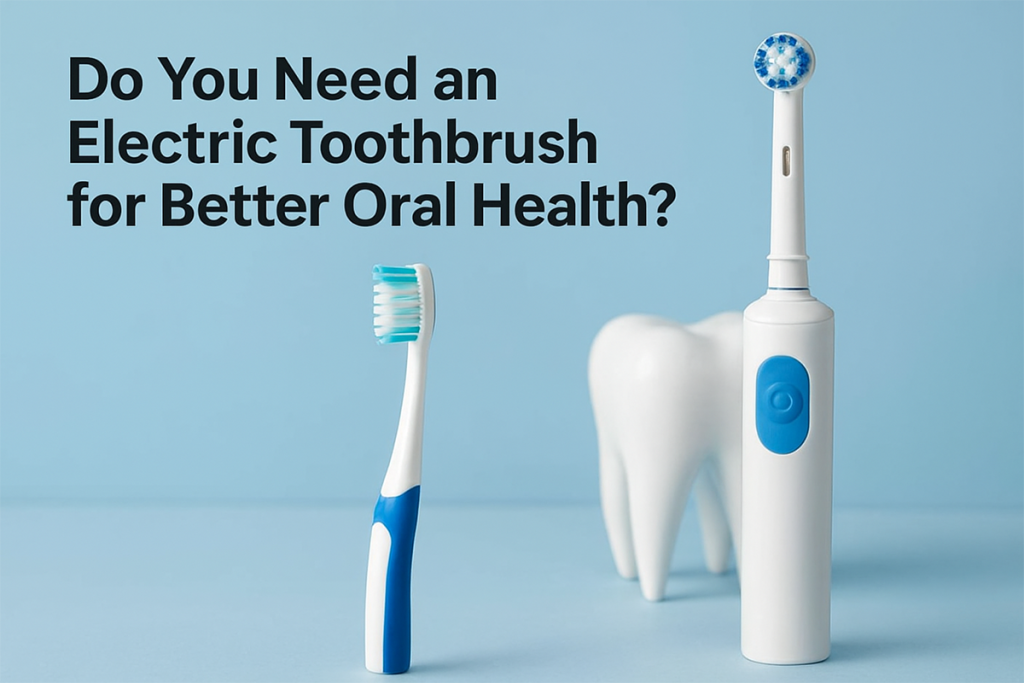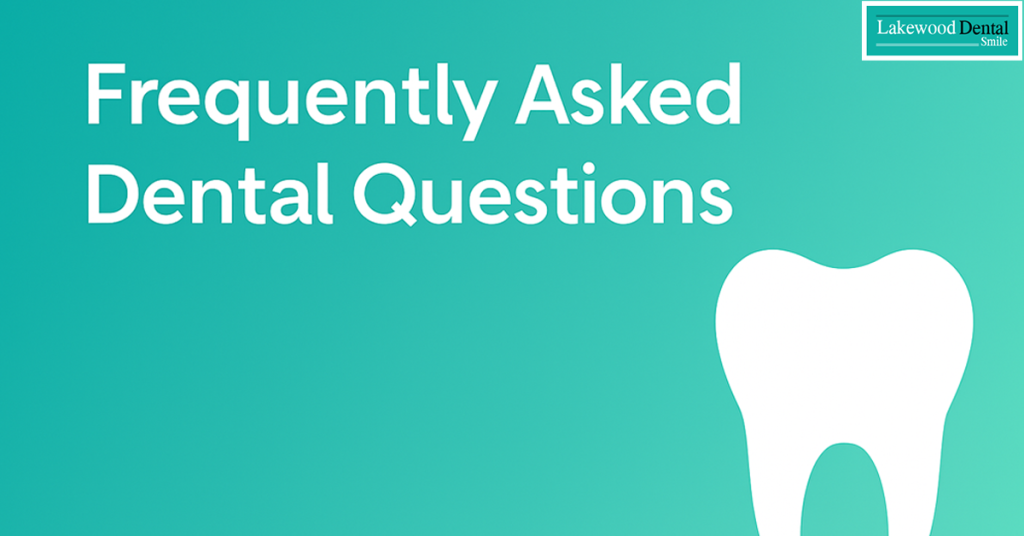
Choosing the right toothbrush can make a noticeable difference in your daily brushing routine. Many people wonder which option is better: a manual toothbrush or an electric one. Understanding the differences in the manual vs electric toothbrush comparison helps you identify the right tool for your oral health needs. Both types can clean effectively, but they function differently, offer unique advantages, and suit different lifestyles. By exploring how they work, their pros and cons, and who benefits from each, you can make a confident and informed choice for better oral care.
1. How a Manual Toothbrush Works
A manual toothbrush is the simplest and most traditional tool for cleaning teeth. It relies entirely on your brushing technique, meaning your hand movement controls the pressure, stroke direction, and speed. To clean effectively, you must use gentle circular motions, hold the brush at a 45-degree angle along the gumline, and maintain consistent strokes for at least two minutes. Manual brushes come in a variety of shapes and bristle styles, but their cleaning results depend greatly on how carefully and consistently you brush each day. For people with excellent technique, manual brushing can be sufficient for maintaining good oral hygiene.
2. How an Electric Toothbrush Works
Electric toothbrushes provide automated cleaning motions that help remove plaque more effectively with minimal effort. Their oscillating, rotating, or sonic vibrations create rapid bristle movements that clean surfaces more consistently than hand brushing. Many models include built-in two-minute timers, which ensure you brush long enough, and pressure sensors that warn you when brushing too aggressively. These features support healthier habits and enhance cleaning efficiency, especially for individuals who struggle with manual technique. In the manual vs electric toothbrush discussion, these automated functions are a key factor in why electric brushes often deliver better long-term results.
3. Pros and Cons of Manual Toothbrushes
Advantages
- Extremely affordable and easy to replace
- No charging or batteries required
- Very convenient for travel
- Widely available in many shapes and sizes
Disadvantages
- Technique-dependent; inconsistent cleaning if rushed
- No timer or pressure guidance
- Easier to brush too hard and irritate gums
- Requires more arm movement and effort
Manual toothbrushes can perform well in the hands of people who have strong brushing habits and maintain consistent routines.
4. Pros and Cons of Electric Toothbrushes
Advantages
- Automated bristle movements improve plaque removal
- Built-in timers ensure full two-minute brushing
- Pressure sensors protect gums from over-brushing
- Easier for kids, seniors, and people with limited mobility
- More effective around braces, bridges, and hard-to-reach areas
Disadvantages
- Higher initial cost
- Requires charging or replacement batteries
- Replacement heads may be expensive
- Slightly bulkier for carrying during travel
Despite these drawbacks, electric toothbrushes are often preferred for their consistency and ease of use.
Comparison Table: Manual vs Electric Toothbrush
| Feature | Manual Toothbrush | Electric Toothbrush |
|---|---|---|
| Ease of use | Requires full technique | Simple: guide the brush |
| Cleaning efficiency | Good with perfect technique | More consistent and effective |
| Gum safety | Risk of brushing too hard | Pressure sensors help protect gums |
| Ideal for kids | Harder for children | Fun & easier to handle |
| For limited mobility | Less helpful | Excellent support |
| Cost | Very inexpensive | Higher initial cost |
| Suitability for braces | Harder to reach brackets | Better reach & cleaning |
| Travel convenience | Very easy | Slightly bulkier |
This table highlights the core differences that matter most in the manual vs electric toothbrush comparison.
6. When a Manual Toothbrush Is Enough
A manual toothbrush is suitable for people who have strong brushing technique and maintain consistent oral care routines. It works well for those who prefer simple tools, travel frequently, or want the most cost-effective solution. If you brush diligently for the recommended duration, follow proper movements, and attend regular dental checkups, a manual brush can still keep your teeth healthy.
7. When an Electric Toothbrush Is the Better Choice
Electric toothbrushes offer significant advantages for many individuals. They are ideal for children who struggle with technique, adults with braces, people with limited hand movement, and anyone who wants a guided brushing experience. Their consistent cleaning motion reduces plaque buildup, minimizes gum irritation, and helps maintain cleaner tooth surfaces. For most people, especially those who want reliable daily results with less effort, electric toothbrushes provide superior care and long-term oral health support.
8. Final Thoughts
Both manual and electric toothbrushes can support good oral hygiene, but the right choice depends on your habits, comfort, and dental needs. In the manual vs electric toothbrush comparison, electric models generally offer more consistent cleaning, better timing, and improved gum protection. However, manual brushes remain effective when used properly. If you are unsure which option suits you best, the dental professionals at Lakewood Dental Smile can guide you toward the most suitable tool for your daily routine.



